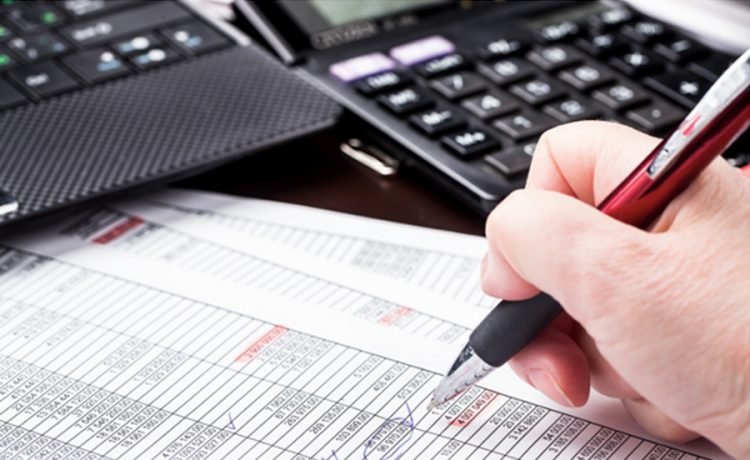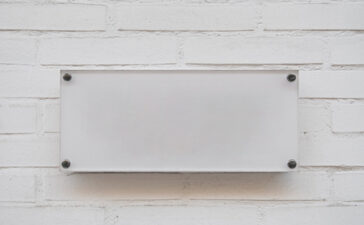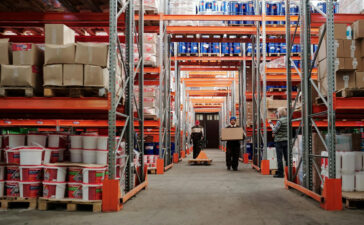Starting a microbusiness might cost $3,000. This is according to the US Small Business Administration which also estimates a cost of $2,000 to $5,000 to start a home-based franchise. Business startup costs all depend on the type of business you’re starting.
It’s important to categorize your expenses as your business grows. It may seem time-consuming, but business expense categories will help keep your company organized and make it easier to identify tax-deductible expenses.
Before you start categorizing, you should understand how the Internal Revenue Service (IRS) defines business expenses.
What Are Business Expenses?
The IRS defines business expenses as ‘ordinary and necessary’ costs involved in running a business, depending on the industry. This is a broad category so it’s important to know which of these are tax-deductible.
Tax-Deductible Expenses
Whether an expense is tax-deductible or not, will be dependent on the type of business you’re running. There are common business expenses governed by general rules when it comes to filing taxes.
Business Categories
Whether you do your own taxes or have an accountant, filing will be easier if you categorize your business expenses. Speak to your accountant to find out the best way to do this, as some expenses fall into specific categories.
Once you know this, you can develop a system of record-keeping that works for you. Read more to find out other ways you can prep for tax season.

5 Top Business Expense Categories
Businesses incur a variety of expenses. However, it is important to understand what expenses you can deduct when calculating your expenses for tax purposes.
1. Startup and Organization Costs
During your first year in business, you will have to invest money to get your business started. You can deduct as much as $5,000 of your startup cost and the same amount for organization costs. These can also include costs associated with employee training and marketing leading up to the launch of your business.
2. Office Expenses and Supplies
The daily expenses you incur while operating your business such as your web hosting and software costs, beverages and snacks for employees, and stationery supplies are all tax-deductible.
3. Utilities
Whether you rent an office space or run your business out of your home, you can still deduct utility expenses when filing your taxes. Rental and leasing costs would also be in this category. Commercial utilities will include electricity, fees associated with sewage and trash pick up, and the internet.
You will need to base deductions for your home on the portion you use. It is usually calculated by deducting $5 for every square foot of your home office space, up to $1,500.
4. Car Expenses
If you use your personal vehicle to conduct business, you should record your mileage and use the standard mileage rate to determine the amount you can deduct for tax purposes. A portion of your vehicle-related expenses such as repairs, parking, tolls, gas, and car washing services is also deductible.
5. Advertising Costs
Advertising costs are any costs incurred to promote or market your company. This includes brochures, posters, your website, social media, and any other promotional materials. These are all tax-deductible.
Ensure Your Business Works for You
There are over 30 business expense categories that the IRS recognizes as legitimate tax-deductible expenses. You should ensure you know what they are too.
It’s a way to recoup some of your expenses and make your business work for you. Check out our business tab to learn some other business tips.









